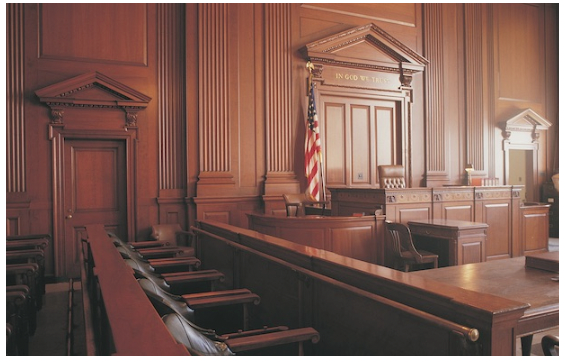DWI checkpoint in St. Charles Parish
Published 12:00 am Friday, December 28, 2007
Violators could face high fines, loss of driving privilege and jail time
By ROBIN SHANNON
Staff Reporter
LAPLACE – State and local law enforcement agencies will be out in full force this holiday season in an effort to crack down on drunk driving.
As part of the state’s “Drunk Driving. Over the Limit. Under Arrest” campaign, the Louisiana Highway safety commission (LHSC) is providing overtime grants to state police and more than 40 law enforcement agencies in an effort to limit the number of people killed in crashes during the New Year’s holiday period.
“Drunken driving is a year round problem,” said James Champagne, executive director of LHSC. “It becomes especially serious during holidays and other events that feature parties and celebrations where alcohol is served.”
Champagne said the goal of the increased police presence is to make sure motorists are aware of the stiffness of Louisiana’s DWI laws. One such checkpoint is taking place this Sunday, December 30, in St. Charles Parish. State Police Troop B will conduct the DWI checkpoint somewhere in St. Charles Parish between 6 p.m. Sunday and 6 a.m. Monday.
“Our state now has one of the toughest DWI laws in the nation,” said Champagne. “We project it could save 50 to 75 lives in Louisiana each year.”
According to LHSC’s web site, the new law went into affect in August and calls for stiffer penalties for first time offenders including higher fees and fines, jail time, and an increase in the suspension period of the offender’s drivers license from 90 days to a full year.
Another stipulation of the law says that drivers whose licenses are suspended are required to install ignition interlock devices in their vehicles for one year, if the driver is granted a “hardship license.”
Champagne said a “hardship license” is a special permit many first-time DWI offenders apply for that allow them to drive to and from certain places, like work or doctors offices. He said that with the ignition interlock device installed, the driver must breathe into a special mouthpiece to determine the driver’s breath alcohol concentration. If the device detects alcohol, the vehicle will not start.
“Tougher laws and improving technology will work together to save lives by keeping drunken drivers off the road,” said Champagne. “The new law puts Louisiana in the forefront of efforts to save lives by keeping intoxicated people from driving.”
Lt. Troy Cassioppi, commander of St. John Sheriff’s Office Traffic division, said St. John deputies and
(See DWI, page 3A)




